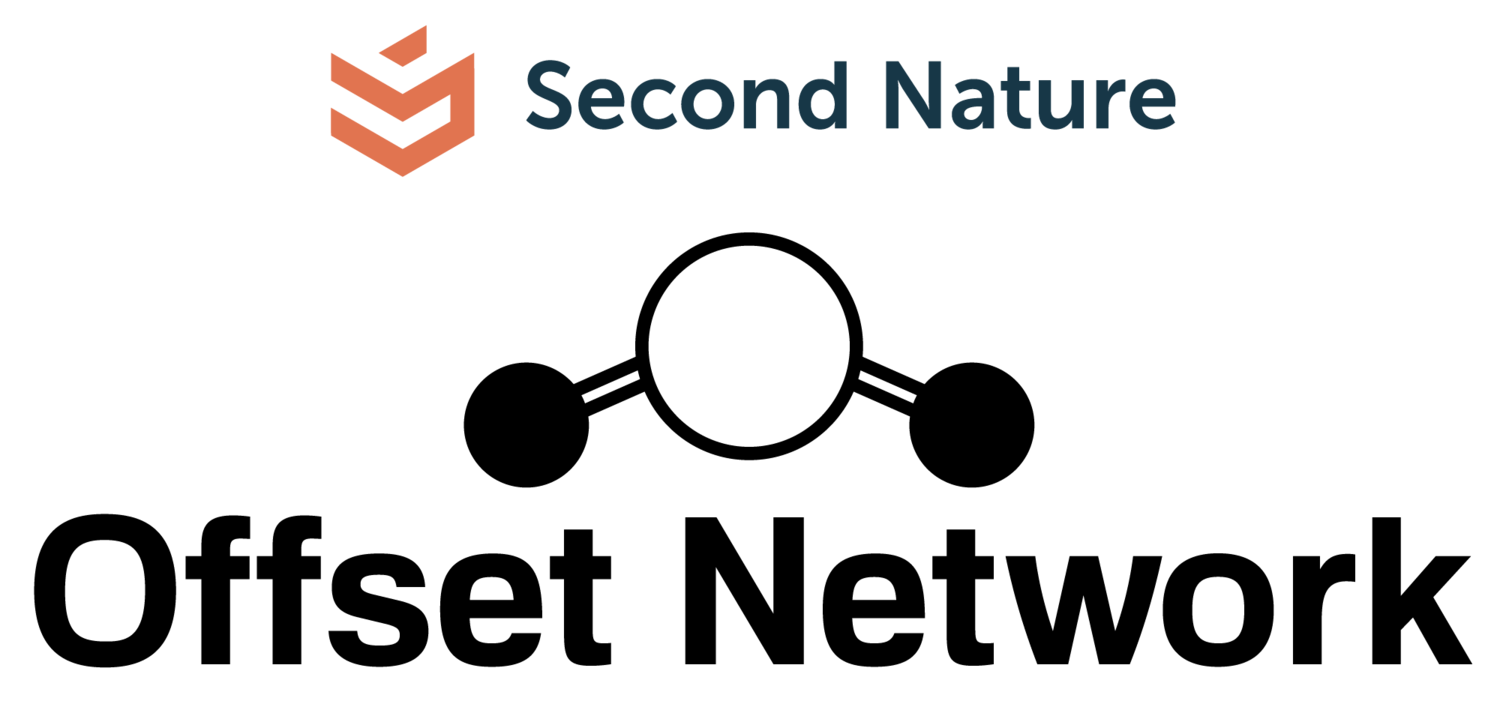Uganda Carbon Offset Program
Angella, Program Intern, carries saplings for planting.
Project participants establish the first nursery.
Project Description & Co-benefits
In 2014 Clarkson University (CU) began developing a carbon offset project in Mbarara, Uganda to meet our climate commitment goals. The CU School of Business runs an annual trip offering students experiential education opportunities working on a long-term research project with microfinance groups. This research is carried out through a partnership with the Mbarara University of Science and Technology (MUST) Business School. The carbon sequestration project is tied to ongoing work with microfinance groups.
Sequestration is achieved through training women in the groups to practice agroforestry and providing them with small carbon payments. As an institution of higher education and research, we are exploring the feasibility of integrating biological carbon sequestration markets into the pre-existing and widespread social infrastructure of microfinance.
The program uses select native species, fruits, and agroforestry species including biodiesel-producing trees. The participants are taught about each species and about agroforestry practices. They then work in small groups to map out their own farms and where they would like to integrate the trees before making an order. If seedlings do not survive the first rainy season farmers are able to replant. Small carbon payments are made for surviving trees at 2 and 4 years. At that point the trees should be resilient and contributing to the farm through the production of fruit, biodiesel, shade, nitrogen, living fences, etc. Interns from both Clarkson and MUST work on trainings, plantings, and collecting carbon stock measurements over the summer.
In addition to the microfinance groups, the Kyabirukwa Mother House of the Congregation of Our Lady of Good Counsel (a nuns’ congregation) has requested that Clarkson and MUST work with them to reforest and restore an extensive amount of land that is suffering from erosion, deforestation, and over grazing.
The primary objective for this program is education. Clarkson wants to teach our business students about carbon markets. We use the program to provide interesting internship and research opportunities for our students. In addition to Clarkson students, we teach high school children in Mbarara about agroforestry and carbon markets. The program provides social and environmental benefits as well. Agroforestry systems are more resilient and diverse than conventional agricultural practices. This increases income and food security for the farmers. One way that we can increase farmer income is through our partnership with a company called Cenergy. Cenergy is able to guarantee that if our carbon offset producers plant biodiesel species they will have access to a market for their crop for the next two decades. Finally, the trees and agroforestry practices will decrease erosion, and increase water retention in the ground.
The Group Leader holds a two-year old tree intercropped in a banana plantation.
Area identified by the Kyabirukwa Congregation for reforestation.
Agroforestry training session for project participants.
Microloan recipients receive training from MUST and Clarkson University staff.
Student Involvement
Business students on the annual trip learn about carbon markets as a source of income and ecological restoration when they visit the microfinance groups. A Clarkson intern works on the project alongside MUST interns developing GIS and tree mortality data, carrying out trainings, and overseeing the general project. The first two weeks the Clarkson intern works with Clarkson’s Sustainability Coordinator, Alex French. At that point Alex leaves and the intern continues for 4-8 weeks. In addition, we work with local high school students in Mbarara to teach them about agroforestry and carbon sequestration.
Project Organizer
Alex French, Sustainability Coordinator, Clarkson University
afrench@clarkson.edu, 315-212-2239
Active / in development.
This project began as a small pilot in Summer 2014. In 2015, we began to restructure the program and there was a bad drought affecting our nurseries. The project is beginning to scale up after a successful training in Summer 2016.
Project Status
Second Nature guidance on “Peer Reviewed & Innovative” offsets
There are approximately 10k trees ready to be planted. Once we have good data from these seedlings we will have this project peer reviewed.
Offset Registry or Program
Standard Operating Protocols developed by the University of Georgia (UGA) for their carbon offset project in Costa Rica.
PROTOCOL APPLIED
We do not currently have a cost / offset. We have been operating on some seed money through our Sustainability Fund. Our plan is to use this project to offset campus airfare and we are exploring options for charging a price per ton for campus related flights.
Cost Per Offsets ($ Per MTCO2E)
Trees are very young and the carbon has not yet been quantified.
Number of Total Offsets
Challenges and Lessons Learned
We are having trouble organizing project data with such limited time on the ground each year. Through our partnership with the MUST business school located in Mbarara, Uganda we have workers there throughout the year. However, these workers have business backgrounds rather than forestry backgrounds. We would like help identifying protocols that might be easier to carry out while still providing us with conservative estimates of carbon stocks. The UGA protocols require measurements in the nursery, tags that identify the mother tree, etc. Do we need such granular, labor intensive data?








